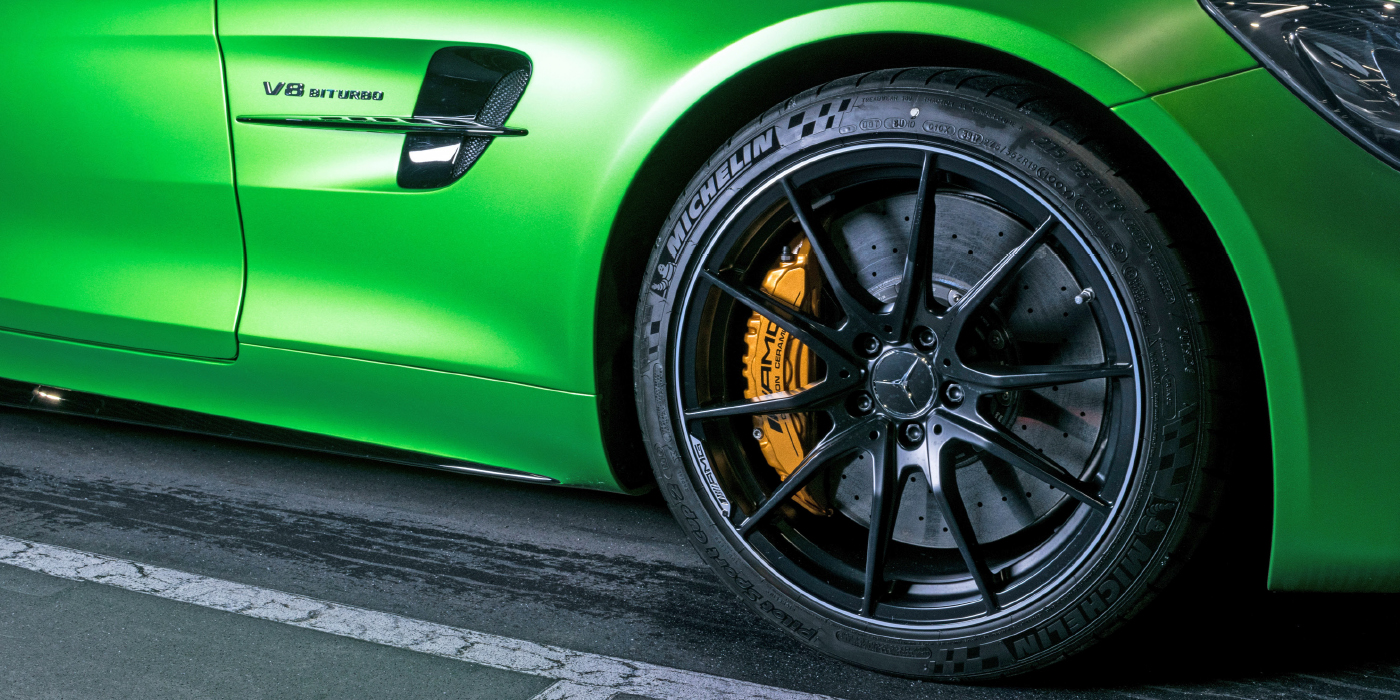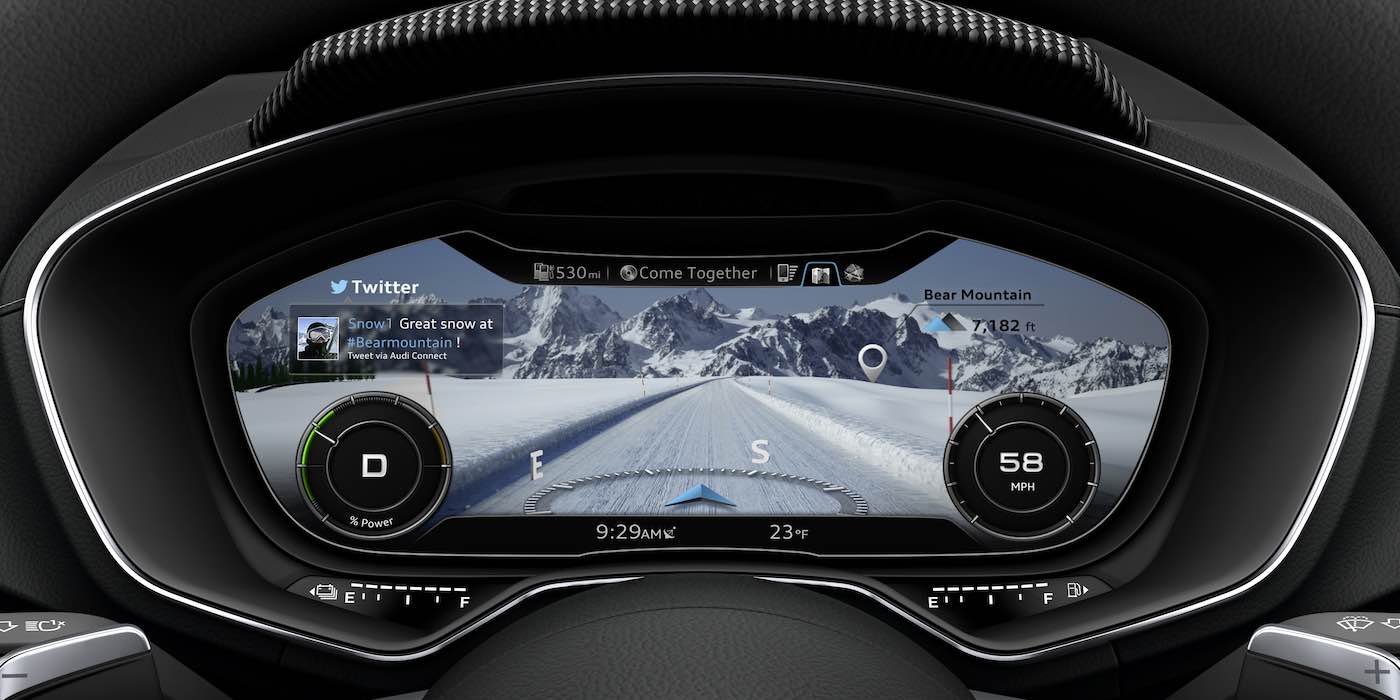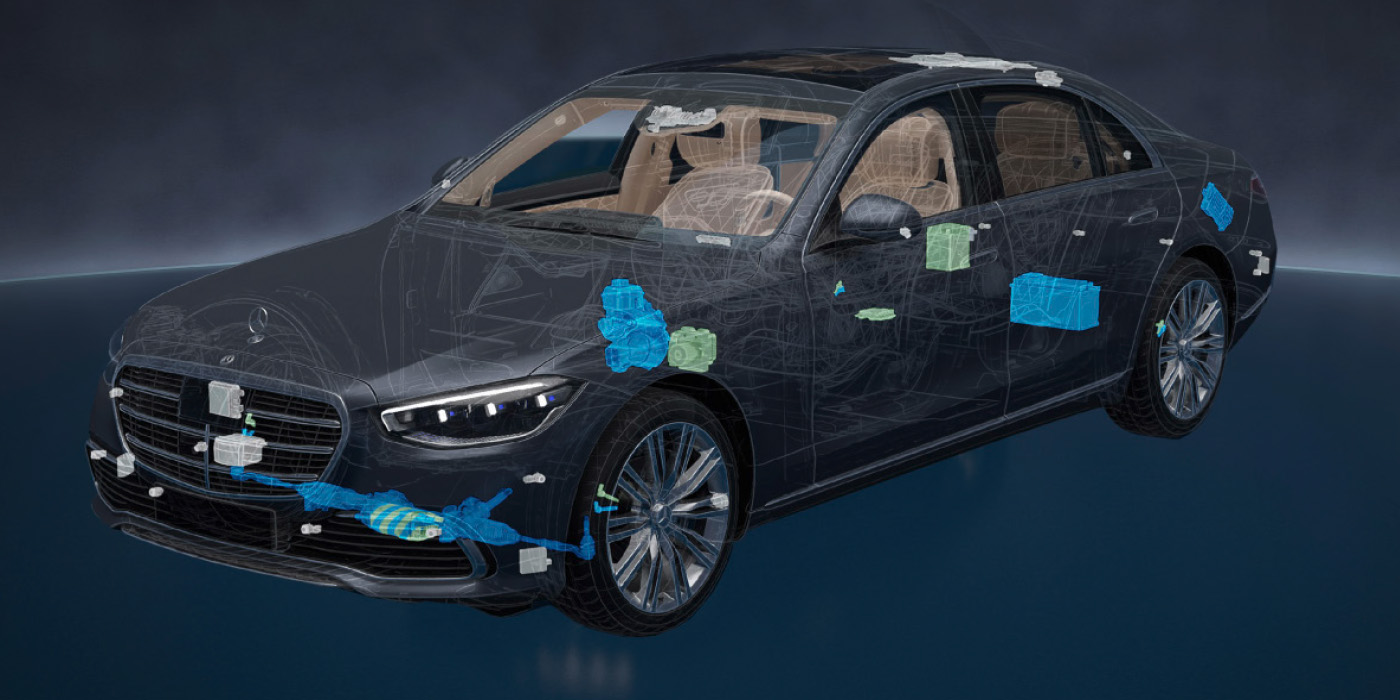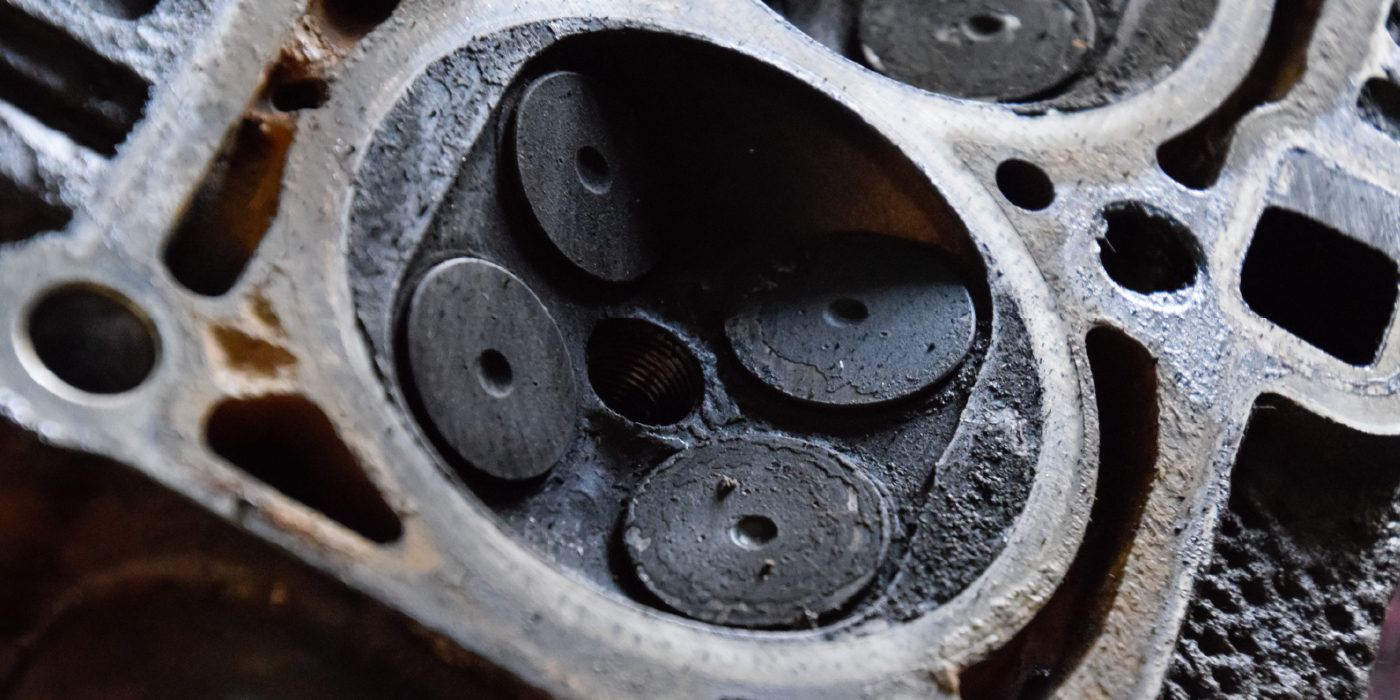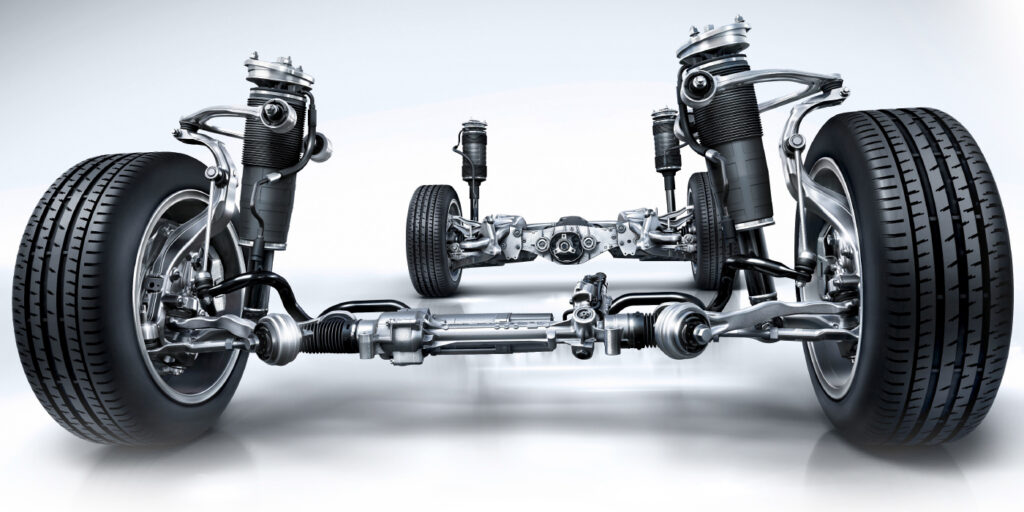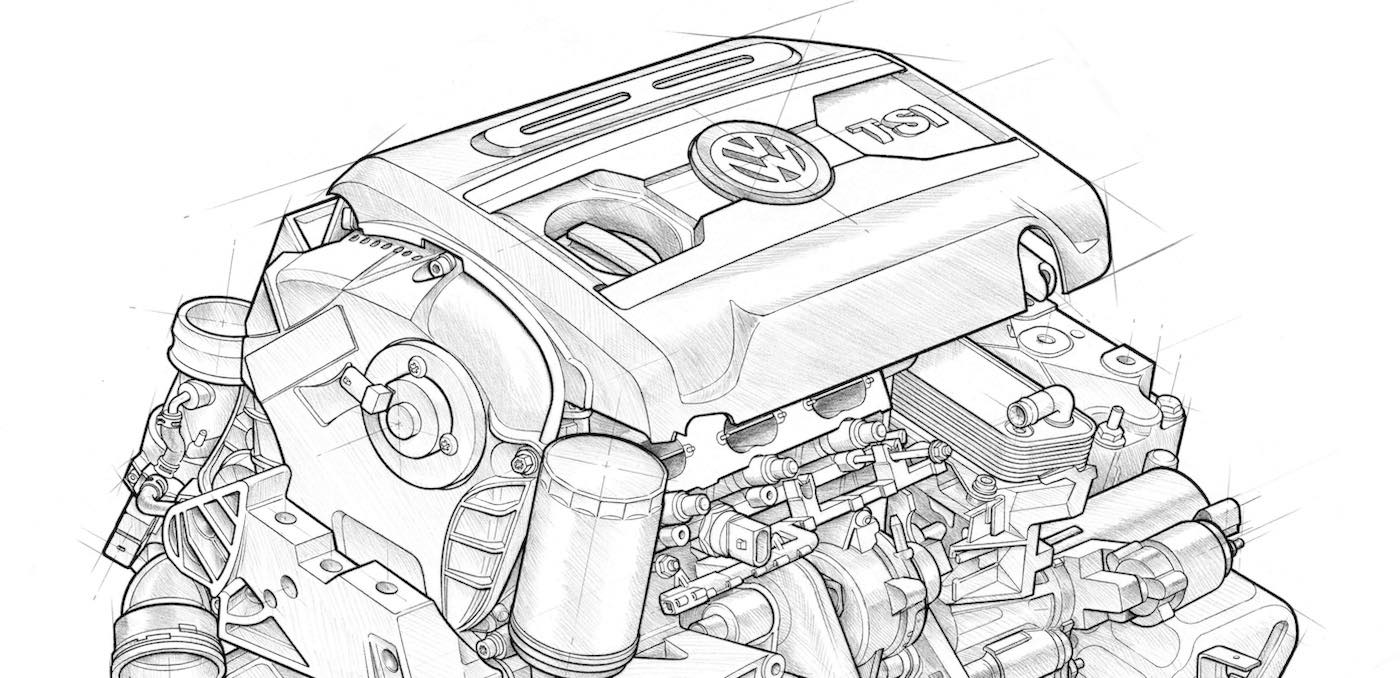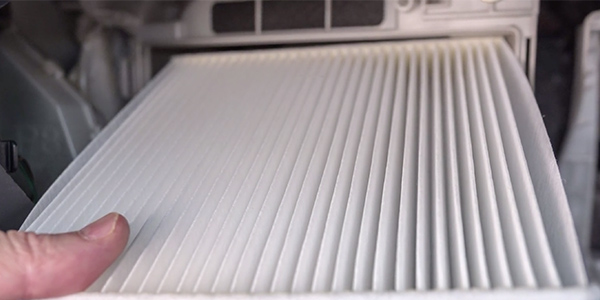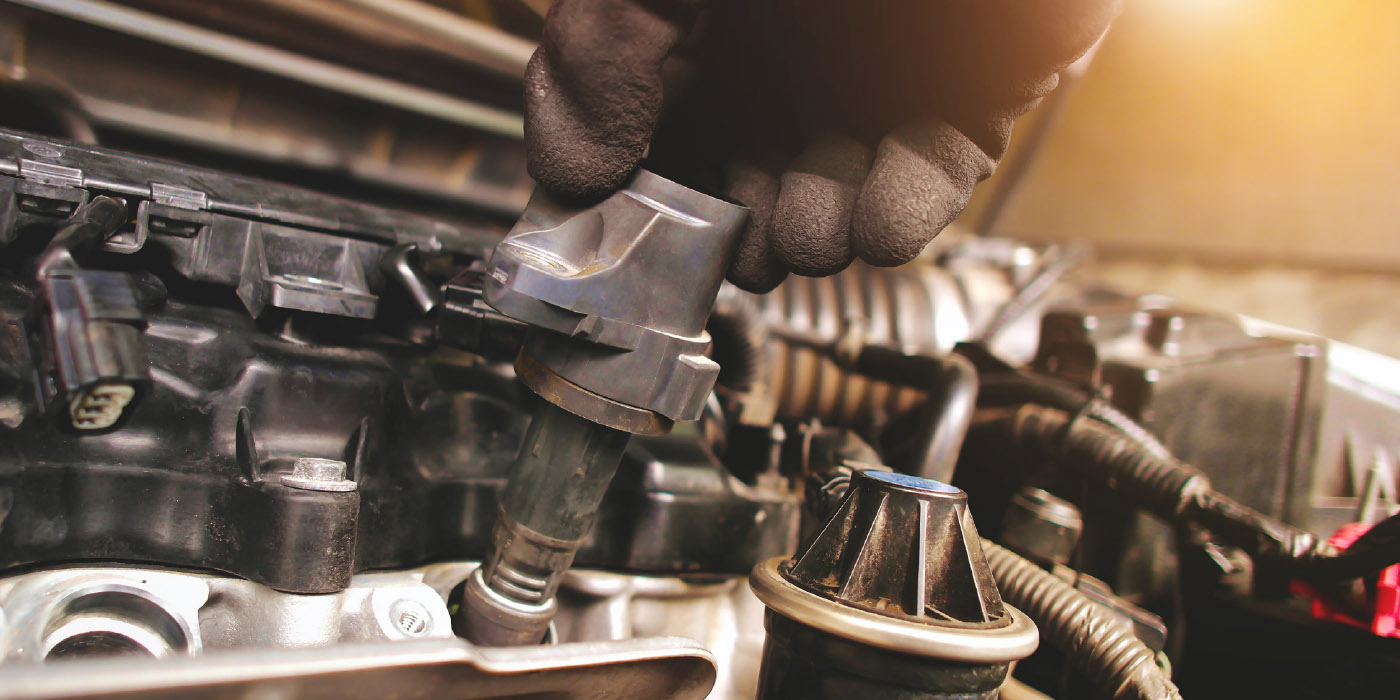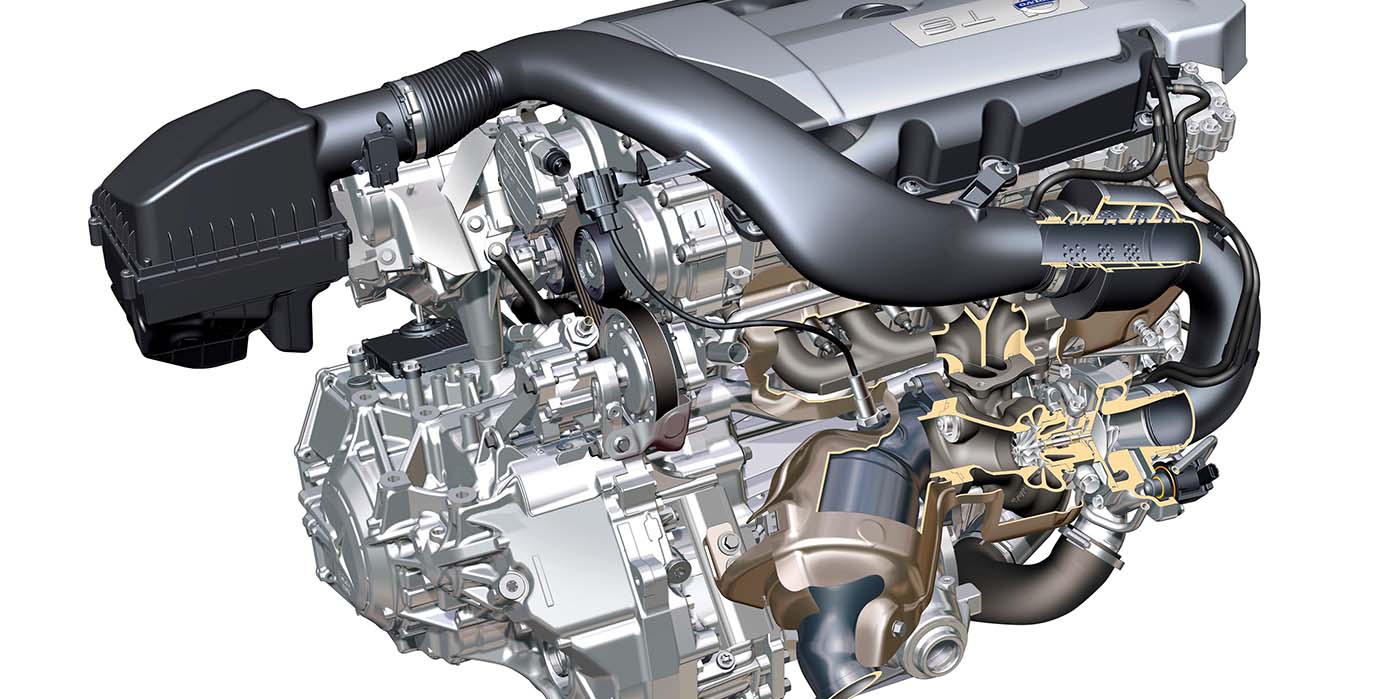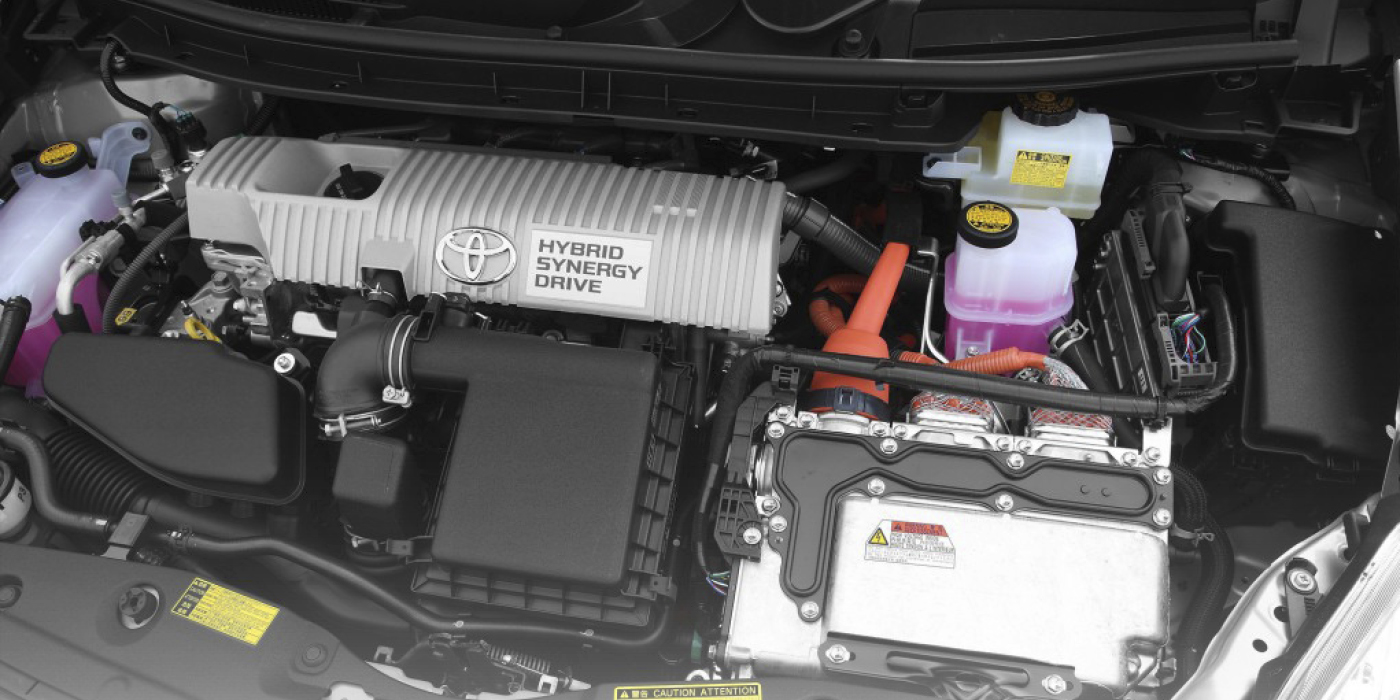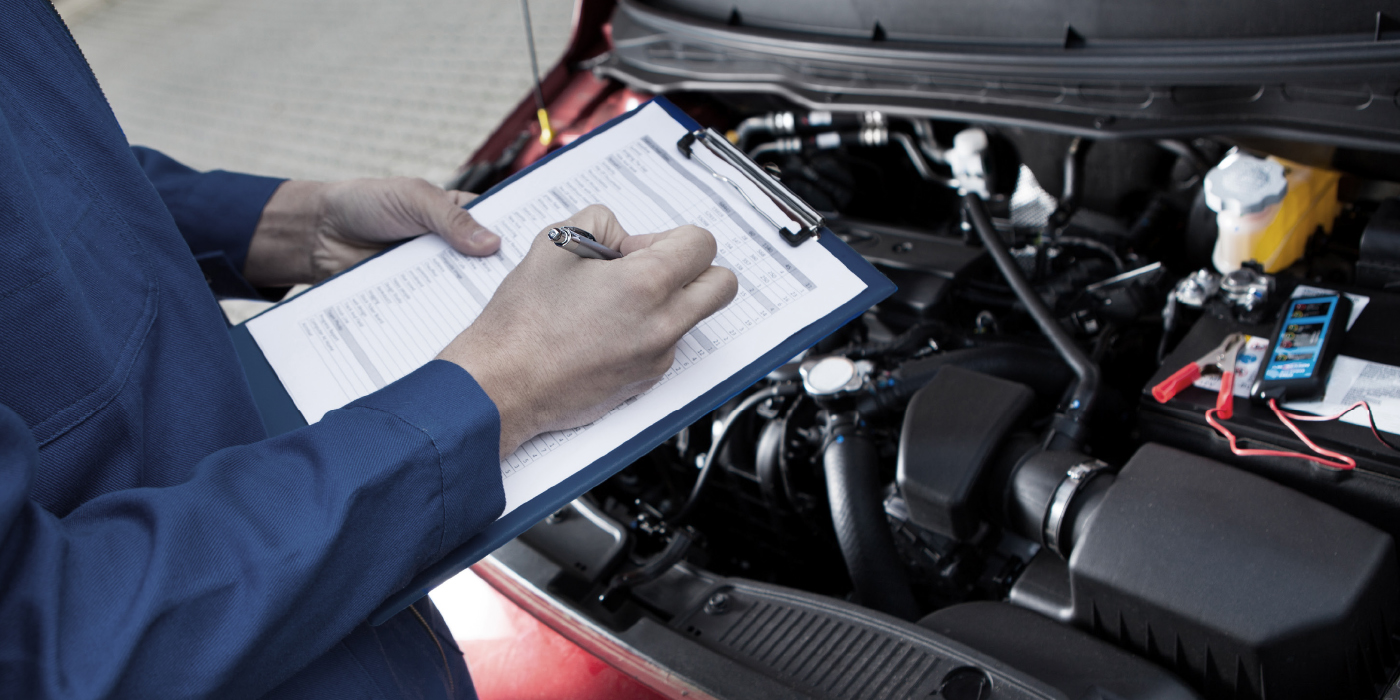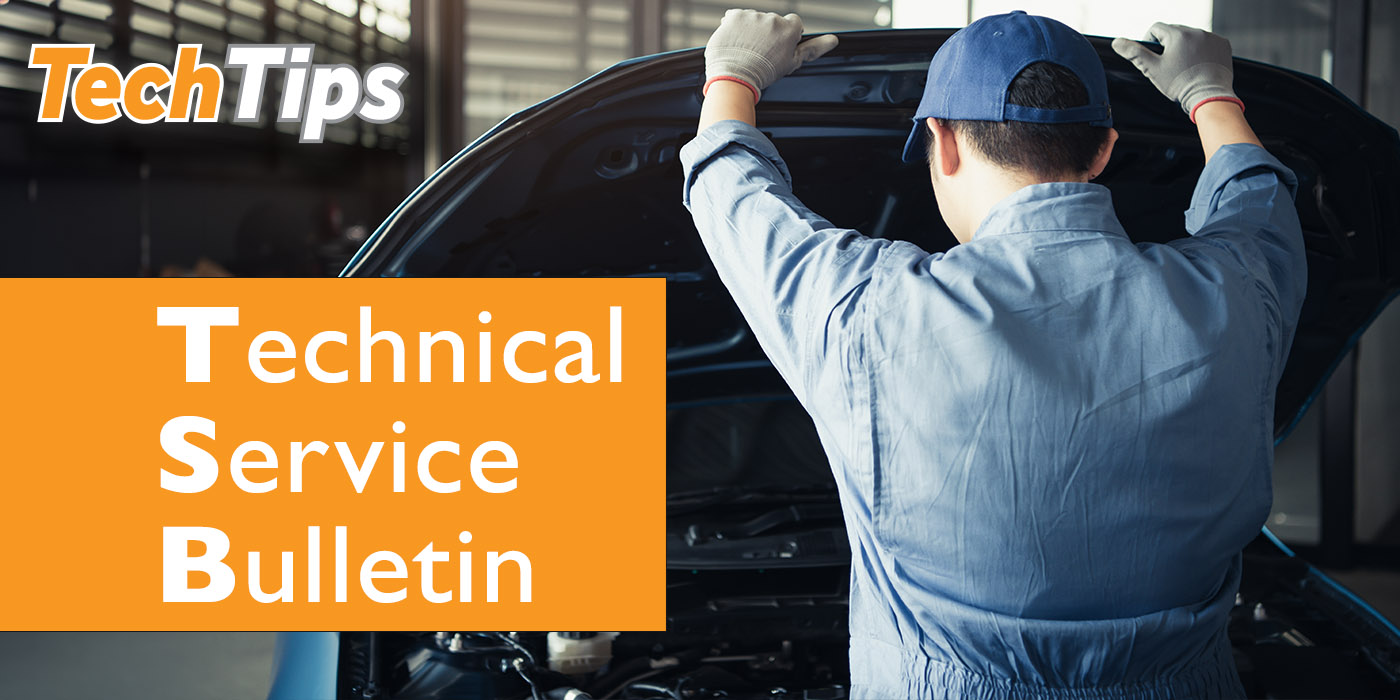
The Volkswagen brand represents a significant service opportunity for import specialists. During the past 10 years, VW has produced over 80 million vehicles worldwide, with over 3 million sold in the U.S. market. Although the U.S is a relatively small piece of the VW pie, VW has more cars on the road here than Audi, BMW, Fiat, Jaguar, Mazda, Mercedes-Benz, Mitsubishi, Porsche or Volvo. The most popular VW model in terms of overall sales is the Jetta, followed by the Passat, CC, GTI and New Beetle. VW also offers the Routan minivan and the Tiguan and Touareg SUVs. And don’t forget about the older Rabbit models, many of which are still on the road.
Like any vehicle brand, VWs suffer various ailments as they age. We’ve tried to identify some pattern failures that may afflict certain models and engines more than others for this article. It’s important to note that some of these problems can be prevented by following VW’s service recommendations and using fluids, filters and replacement parts that meet VW specifications.
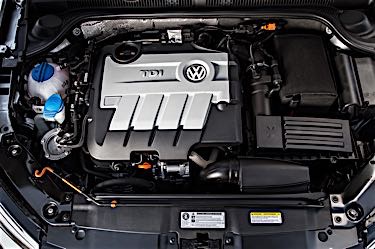 DIESEL INTERCOOLER ISSUES
DIESEL INTERCOOLER ISSUES
On 2010 and 2011 Jettas, and 2009 to 2011 Golf models with the TDI turbo diesel engine, the engine may lock up or fail to start because of moisture accumulating inside the turbo intercooler, primarily in cold northern climates during winter months.
Airborne moisture can condense and puddle inside the intercooler. When a cold engine is first cranked, water may be sucked into a cylinder, causing it to hydrolock. This prevents the engine from turning over and may even bend a connecting rod or burn out the starter motor if the driver continues to attempt to crank the engine.
During extremely cold weather, condensation inside the intercooler can freeze and form an ice dam that blocks airflow through the intercooler. The “Frozen Air Charge Cooler” issue as VW calls it, is addressed in VW TSB 21-12-01. VW’s fix is to install a cold weather intercooler kit. A redesigned intercooler on 2012 models prevents condensation from being drawn into the engine.
 WATCH OUT FOR BAD DEF FLUID
WATCH OUT FOR BAD DEF FLUID
Another service opportunity is the Adblue Urea Selective Catalytic Reduction (SCR) exhaust aftertreatment system that is used on some VW diesel applications. The SCR system reduces nitrogen oxides (NOx) in the exhaust. The components that may be prone to failure after years of service are the tank heater, tank temperature sensor and pump on 2012 and 2013 models. VW replacement parts for these applications can restore normal operation of the SCR system.
VW cautions vehicle owners to use only its Adblue brand of Diesel Exhaust Fluid (DEF) since some of the DEF fluids that are being sold fail to meet VW quality standards. DEF fluids must meet ISO 22241 standards, otherwise these fluids can cause problems when added to the DEF tank. The problem is that some DEF fluids that claim to meet ISO 22241 standards really don’t. DEF must contain exactly 32.5% urea by weight. The fluid must also be made with deionized water that has strict limits on how much mineral content (calcium, iron, copper, zinc and aluminum) is allowed in the mix.
DEF that does not meet specifications may cause the warning message, “Please add Adblue,” to appear, and it will eventually prevent the engine from starting after 750 km of driving unless the DEF tank is flushed and refilled with the correct fluid.
DPF FILTER CLOGGING
On the diesel models that have a Diesel Particulate Filter (DPF) — such as 2009 to 2014 Jetta, Golf and Toureg models — carbon clogging of the DPF can create excessive backpressure issues and may turn on the DPH warning light and cause the engine to go into a low-power “limp-in” mode.
Normally, the engine management system runs a “regeneration” cycle periodically to burn accumulated soot out of the DPF filter. But if the vehicle is seldom driven at 37 mph (60 km/h) or faster for at least 10 minutes, the regen cycle may not occur often enough, causing the DPF to clog with soot. If a clogged filter fails to respond to an “active” regen cycle, it must be replaced. VW now offers a less expensive rebuilt DPF/NOx catalyst as an alternative to a brand-new part.
Other causes of DPF filter clogging include using fuel that does not meet Ultra Low Sulfur Diesel (ULSD) standards, or using fuel that contains too much or poor-quality biodiesel.
EXCESSIVE OIL CONSUMPTION
Vehicle owners of various 2.0T turbo engines have complained that their engines use a substantial amount of oil. The oil consumption problem may be due to worn or loose valve guide clearances, worn valve guide seals and/or oil getting past the piston rings. VW says oil consumption of up to 0.5 liters per 600 miles (roughly one quart per 1,200 miles) is “normal.” VW TSB 17-14-03 describes how to measure oil consumption but offers no fix for the problem other than checking for obvious oil leaks.
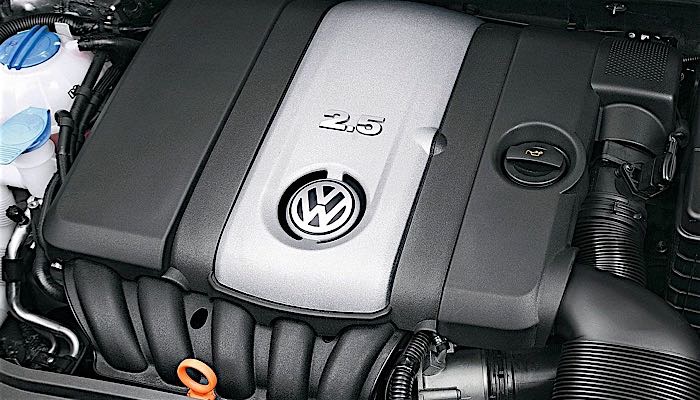
CAMSHAFT FAILURES
VW’s Gasoline Direct Injection (GDI) engines were ahead of the curve when other OEMs were still using multiport fuel injection. GDI engines spray the fuel under high pressure directly into the cylinder, much like a diesel. This improves fuel atomization, fuel economy, performance and emissions. That’s why most of the world’s automakers have followed VW’s lead and have been moving to GDI in recent years.
GDI requires a high-pressure mechanical fuel pump to deliver fuel to the high-pressure injectors. The pump is mounted on the engine and is driven off of the camshaft. In VW’s case, the high-pressure pump plunger rides against a lobe on the intake camshaft. The point where the two make contact is the highest point of friction inside the engine. To prevent premature cam lobe and pump plunger wear, the oil must meet VW’s oil performance specs and contain an adequate level of anti-wear additive to protect these parts.
VW’s oil spec calls for a high-quality synthetic 5W-30 or 5W-40 motor oil that meets its 507.00 performance requirements — they have the highest wear, sludge, deposit and oxidation protection.
The 507.00 oils are for extended drain intervals. VW recommends oil change intervals of 10,000 miles (2012 VW Jetta with 2.0L diesel). We think this may be pushing the oil too far, and would recommend changing the oil on a diesel at 5,000 miles — especially if the vehicle is used for short-trip urban driving or short-trip cold weather driving. A longer oil change interval of 7,500 miles may be acceptable if the vehicle is used primarily for extended highway driving. The cost of oil is relatively cheap compared to what it costs to repair or replace an engine.
Regular oil changes are especially important in diesel engines because diesels produce a lot of soot and moisture that ends up in the crankcase. Even with a high-quality oil, viscosity breakdown and oil sludging can occur if the oil is left in the crankcase too long. And if the vehicle owner uses an ordinary motor oil instead that contains minimal anti-wear additives, it may lead to premature cam and fuel pump plunger wear and failure.
Cam and fuel pump wear can also be a problem in GDI gasoline engines if the wrong oil is used. VW TSB 15-12-02 blames the premature cam wear, pump plunger wear, cam failure problem in 2.0L gasoline engines on poor-quality oil. Models affected include 2006-’07 GTI, 2005-’07 Jetta and 2006-’07 Passat models. VW says if only the cam lobe shows wear, there is no need to replace the fuel pump. However, if the cam and pump plunger both show wear, both parts need to be replaced. VW has a new cam with an extra-hard heat treatment (P/N 06F109101B) that can resist wear better than the original cam.
When the cam and/or pump plunger are worn, the pump plunger won’t travel its normal stroke, causing a drop in fuel pressure and erratic engine performance. The condition may set the following trouble codes:
P0087 – fuel rail pressure low;
P1093 – Fuel trim bank 1 malfunction; and
P2293 – Fuel pressure regulator 2 performance.
DIRTY INTAKE VALVES
Another service opportunity on VW GDI gasoline engines is dirty intake valves. With a multiport EFI system, fuel is sprayed into the intake ports. The fuel stream helps wash and cool the valves, keeping them clean. But with GDI, only air passes by the intake valves. Consequently, there is no fuel spray to wash away carbon deposits. Over time, the deposits can thicken and disrupt airflow or even prevent the valve from fully closing causing a misfire.
VW TSB 01-13-13 says if you find P0300 random misfire codes or one or more individual misfire codes on a 2004-’05 Passat; 2004-’06 Golf; 2004-’05 New Beetle; or 2006-’08 GTI, Jetta or Passat with the 1.8L engine, the problem may be dirty valves. Cleaning the valves with a product designed for intake valves on GDI engines should solve the misfire problem unless the misfire is due to clogged or defective injectors, or an ignition fault due to one or more bad ignition coils or corrosion in the ignition coil wiring harness or connectors is present.
BAD VIBRATIONS
On VWs with manual transmissions and dual-mass flywheels (such as Passat TDI models from 2005 and up), failure of the dual mass flywheel creates a loud rattling noise from under the car. The flywheel is an expensive part to replace, costing up to $1,000. A less expensive alternative is to install a solid one-piece flywheel. However, VW cautions that a solid flywheel can’t provide the same degree of dampening as a dual mass flywheel, so clutch engagement won’t be as smooth.
If a vehicle needs a new clutch, and it has a dual mass flywheel, VW recommends replacing both at the same time to minimize problems that may occur down the road if the original dual mass flywheel is reused.
REAR BRAKE WEAR
Another service opportunity on Jetta and other models is rear brake pad wear. In many instances, the rear pads wear out before the front pads, sometimes in as little as 15,000 to 20,000 miles! The reason for this is because of electronic brake proportioning. To help the vehicle stop in less distance, the rear brakes are more aggressive. Consequently, the pads tend to wear very quickly, especially the pads on the left side. On vehicles that have Electronic Stability Control, individual wheels can be braked independently as needed to improve handling and cornering. This may account for some of the uneven wear between the left and right rear brakes.
LOSS OF POWER ASSIST
VW recently issued a recall (#15V705000) on 2015 -’16 Beetle, Golf, Jetta and Passat models with 1.8L and 2.0L engines for a sudden loss of power brake assist due to camshaft lobe fracture. The cam lobe that brakes drives the vacuum pump for the brake booster. The failure causes a loss of vacuum to the booster. The brakes still work but without power assist, which increases the effort needed to apply the brakes and increases the stopping distance of the vehicle.
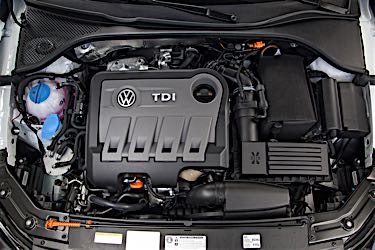 HEATER CORE LEAKS
HEATER CORE LEAKS
On Passat, Jetta and Beetle models, heater core leaks may occur after 40,000 to 60,000 miles. If the heater core is leaking, the windows may fog up when the windows are closed and you may smell antifreeze inside the car. Also, check for damp spots on the carpeting on the passenger’s side under the dash. A low coolant reservoir would be another clue that the system is leaking coolant.
Cooling system sealer may provide a temporary fix for a small heater core leak, but the only surefire fix is to replace the heater core — a labor-intensive job that may take three to five hours or more if all goes well. You have to remove the center console, air bag, steering wheel, radio, dash vents, glove box and then the dash itself. Once all of that is out of the way, you can disconnect and remove the HVAC housing to replace the heater core.
A somewhat faster and easier alternative is to pull the dash as a complete assembly and replace the heater core from the backside of the dash. There are YouTube videos that show how to do this.
ELECTRICAL ISSUES
On some VWs, the battery can run down and fail to crank the engine after the vehicle has been sitting a few days. The problem is excessive current draw when the key is off. VW says normal key-off current drain on the battery after the vehicle has sat for two hours should be less than 40 milliamps. If the key-off current drain is higher than 40 milliamps, a module may not be going into sleep mode and is drawing too much power from the battery.
Finding the problem circuit is a little more difficult than pulling individual fuses and watching for the current drain to drop because pulling fuses can wake up the electrical bus and cause a jump in the current drain. To find the offending circuit, VW says to measure voltage drop across each fuse. If you see a voltage drop of 0.3 volts or higher, it means that circuit is drawing more than 40 milliamps of current.

